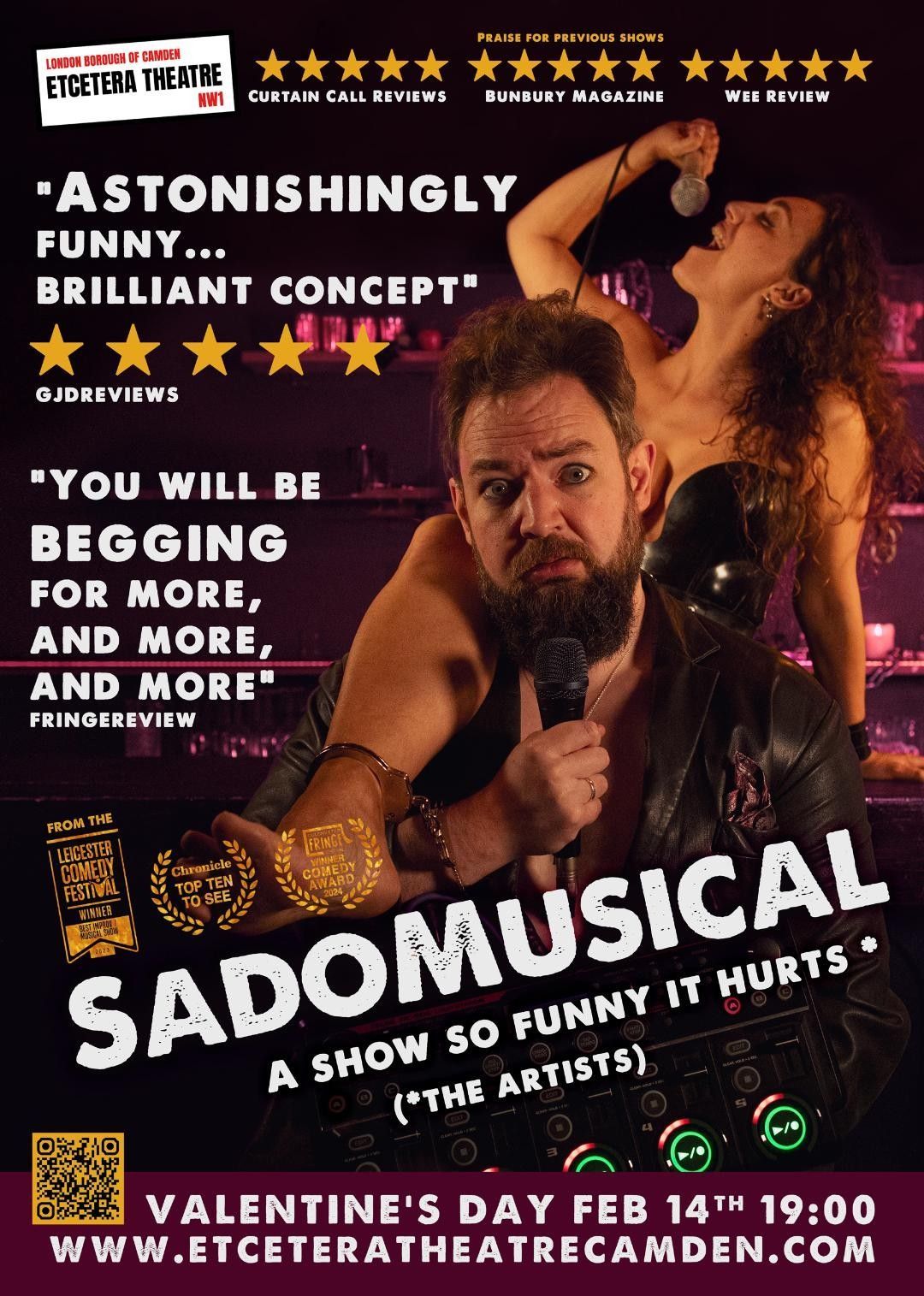REVIEW: THE ONLY WHITE at The Chelsea Theatre 4 - 22 April 2023

‘Important context is absent from the story we see played out here, and the play suffers for it’ ★★
In 1964, a white South African schoolteacher, John Harris, was arrested for conspiring to bomb Johannesburg Railway Station in a politically motivated attack against apartheid. A bomb concealed within a suitcase was placed on a whites-only concourse, where it exploded, killing one, and injuring 23 others. The Apartheid Museum informs us that 131 government opponents were executed under apartheids various terrorism laws; of these, John Harris was the only white person. Gail Louw’s new play ‘The Only White’, tells John Harris’s story from the perspective of the Hain family, who supported John’s wife Anne and 6-week-old son David in the months between Harris’s arrest and his execution.
For a present-day London audience, it is perhaps difficult to truly appreciate the context in which Harris acted. Four years before Harris’s attack, in Sharpeville township, 69 protestors were murdered by police, a further 180 were injured. In 1962, Nelson Mandela was arrested and imprisoned. Initially, Amnesty International declared Mandela as a prison of conscience, however this was later disqualified in 1964, directly in response to Mandela’s assertion: ‘fifty years of nonviolence had brought the African people nothing but more and more repressive legislation, and fewer and fewer rights’. This important context is absent from the story we see played out here, and the play suffers for it.
Perhaps deliberately, Malena Arcucci’s set serves as a reminder of the cloistered world of the white South Africans. The white, middle class Hains family cosily run interference between detainees and the outside world, aiding the activists from the comfort of their coffee table but stopping well short of the militant tactics of the ARM. In this way, the Hains family can be said to be truly segregated from the struggle, that is, until the arrest of John Harris upends their relative security. The set, alongside judicious music choices and confident costuming, are instrumental in situating us a time and space.
To further consolidate the sense of dichotomy, there is a wise directorial decision to keep John Harris in his cell onstage throughout the action, such that his detainment and subsequent torture remain present throughout the piece. There are instances in this production where attempts to cling to naturalism conversely undermine the audience’s faith in the story. The use of recorded voices and of a baby crying offstage sound clunky and unnatural and would have been better served by trusting in the audience’s ability to fill in the blanks. Elsewhere, a rather unnecessary journey to the garden in the middle of some important expositional dialogue, interrupts the flow of the play.
Fundamentally, though, the strength of this piece is undermined by the dialogue. The story is told in a linear fashion that feels rigid and uninspiring. There is a general lack of substance to the ethical arguments we see played out on stage; we receive only the headlines and none of the nuance demanded by this important historical event. The relationships between the characters feel underwritten and insubstantial and there is a lack of subtext which makes it hard to relax into this story and engage with the characters presented. Towards the end of the play, a father tosses a cricket ball to his son. The son mournfully passes the ball back to his father, who returns it, a trick shot, that makes his son smile, momentarily distracted from the dread of violence and corruption that infuses his young life. There is more said between father and son in this silent exchange than in almost any other moment of the play.
Photo credit: Becca Rowson
The Only White, Gail Louw, The Chelsea Theatre, 4-22 April, (Apter Art & Theatrically Becca) What’s On - Chelseatheatre
Review by Natalie Mackinnon
Natalie is a writer and playwright from Edinburgh. She is a graduate of the Lir Academy for Dramatic Arts in Dublin and the Traverse Young Writers group in Edinburgh. Her writing has been performed on stage in the UK and Ireland and has been adapted for radio by the BBC.





